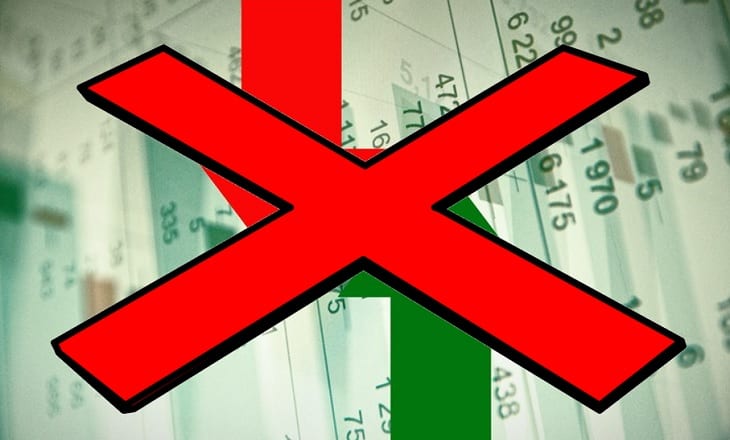The Canadian Securities Administrators (CSA), the council of the securities regulators of Canada’s provinces and territories which co-ordinates and harmonizes regulation for the Canadian capital markets, has published for comment National Instrument 91-102 Prohibition of Binary Options.
The proposal would prohibit advertising, offering, selling or otherwise trading a binary option to an individual throughout Canada.
Given that Binary Options are already not allowed in Canada – no binary options broker is licensed in Canada, and licensed brokers in each of the country’s provinces are not allowed to offer the product to Canadians – it is a little unclear what exactly will change by virtue of the new proposed rule. Or, whether law enforcement or regulatory agencies will have any new powers of enforcement by virtue of the new proposal.
It looks like the CSA is just engaging in window dressing, making it look to Canadian retail traders that they are ‘doing something’ about a problem which has been growing in Canada – namely, offshore binary options brokers targeting Canadian clients. In one interesting case, a CSA executive in charge of overseeing binary options fraud was himself cold-called by a binary options broker.
Louis Morisset, Chair of the CSA and President and Chief Executive Officer of Quebce’s regulator Autorité des marchés financiers (AMF), had the following to say:
We are deeply concerned by the increasing number of investor losses and complaints resulting from binary options. The proposed ban is critical to our efforts to help stop binary options fraud in Canada.
Binary options take the form of a wager in which investors bet on the performance of an underlying asset, often a currency, commodity, stock index, or share. The timeframe on this bet is typically very short, sometimes hours or even minutes. When the time is up, the investor either receives a predetermined payout or loses the entire amount. In many instances, no actual trading occurs and the transaction takes place for the sole purpose of stealing money. In addition, those who have provided credit or personal information to binary options sites frequently fall victim to identity theft.
Binary options are sometimes marketed under other names, including “all-or-nothing options,” “asset-or-nothing options,” “bet options,” “cash-or-nothing options,” “digital options,” “fixed-return options” and “one-touch options.”
The proposed instrument can be found on CSA members’ websites. The comment period is open until May 29, 2017 in Alberta and Québec, until June 28, 2017 in Manitoba and Saskatchewan, and until July 28, 2017 in all other participating jurisdictions. The CSA encourages comments by May 29, 2017.
The British Columbia Securities Commission did not publish the proposed instrument for comment, although staff anticipates doing so in the near future, after obtaining necessary approval.
Anyone who has invested with or has concerns about an offshore binary options trading platform should immediately contact their local securities regulator. For more information on binary options fraud, please visit the CSA’s http://www.binaryoptionsfraud.ca/.
